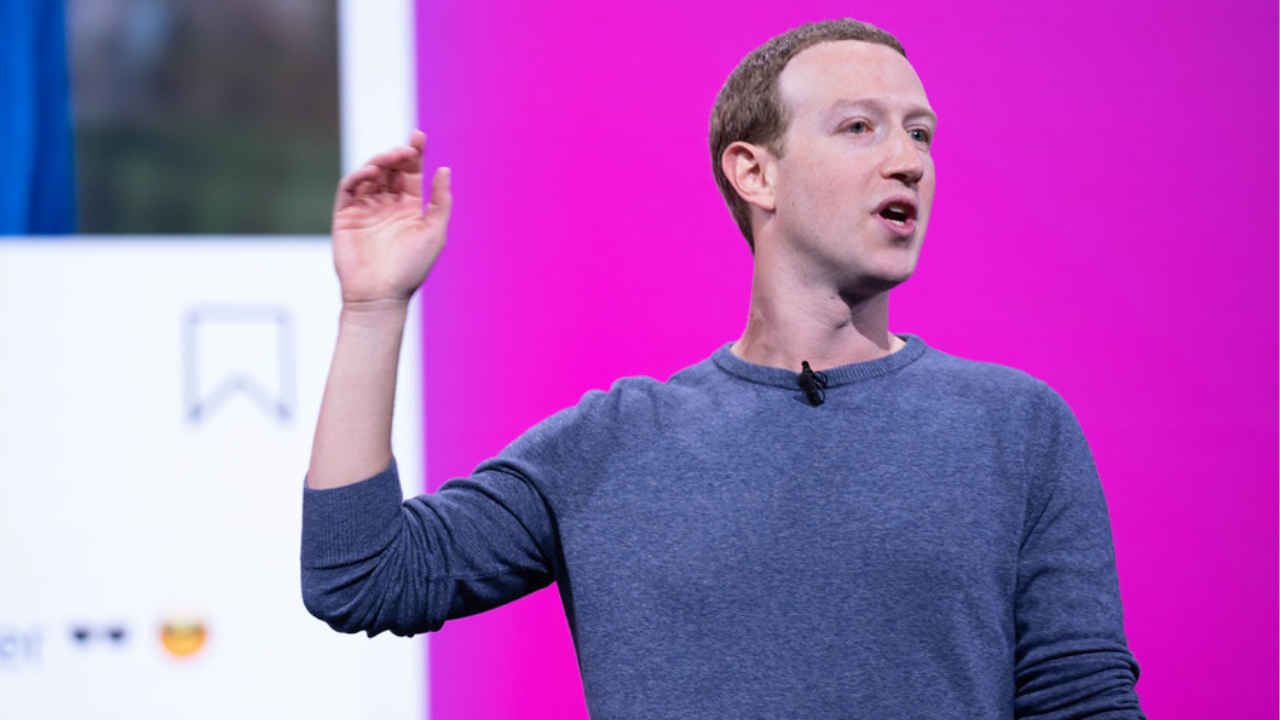
- Home
- Managed Services
- Cyber Security
- Blog
- About Us

We 365 Admin Support, just simplify your IT problems
Call for a free support. +91 96666 59505Platform Partnership
- Who We Help
- Shop
- Contact
- News






HIGHLIGHTS
Table of Contents
ToggleOn Monday, Meta’s CEO Mark Zuckerberg took the witness stand in a groundbreaking antitrust case that has serious implications for the future of the company. The Federal Trade Commission (FTC) has leveled accusations against Meta, asserting that the tech giant has been monopolizing the social media sector by acquiring widely-used platforms such as Instagram and WhatsApp in an effort to eliminate competition.
During the opening statements, Daniel Matheson, the lead attorney representing the FTC, emphasized that users lack viable alternatives due to Meta’s overwhelming control over major social networking platforms. The FTC contends that Meta deliberately acquired WhatsApp in 2014 and Instagram in 2012 rightfully to eradicate potential rivals and solidify its control over the personal networking domain.
In his defense, Zuckerberg argued that the acquisitions were meant to enhance the user experience and encourage innovation within the platforms. He pointed out that users are increasingly engaging with content beyond their immediate social circles, which has contributed to the organic growth of both Instagram and WhatsApp.
The FTC has posited that Meta’s immense scale has resulted in diminished choices for consumers. Conversely, Meta’s legal team counters this claim, asserting that the company faces robust competition on a global scale from platforms like TikTok, Snapchat, YouTube, and even Apple’s iMessage.
Another focal point of discussion involved internal communications during the acquisition processes. An email from Zuckerberg was cited, in which he indicated that the acquisition of Instagram was a strategy to neutralize competition. Another document pointed out that Facebook’s Camera feature was lagging behind that of Instagram. Although Zuckerberg acknowledged the authenticity of these emails, he argued that they were misinterpreted, failing to reflect the broader, long-term strategic vision that involved substantial investments in both platforms.
The legal team for Meta also noted that both acquisitions had received regulatory approval at the time they were made, questioning why the FTC would reopen the case years later after such endorsements. However, the FTC maintained that Meta’s actions, which included slowing down the development of multiple features to protect Facebook’s dominant position, exemplified anti-competitive behavior.
The stakes are particularly high in this case. If the FTC emerges victorious, Meta may be compelled to divest both Instagram and WhatsApp, a scenario that could jeopardize the company’s primary advertising revenue streams and result in a significant restructuring of its business model.